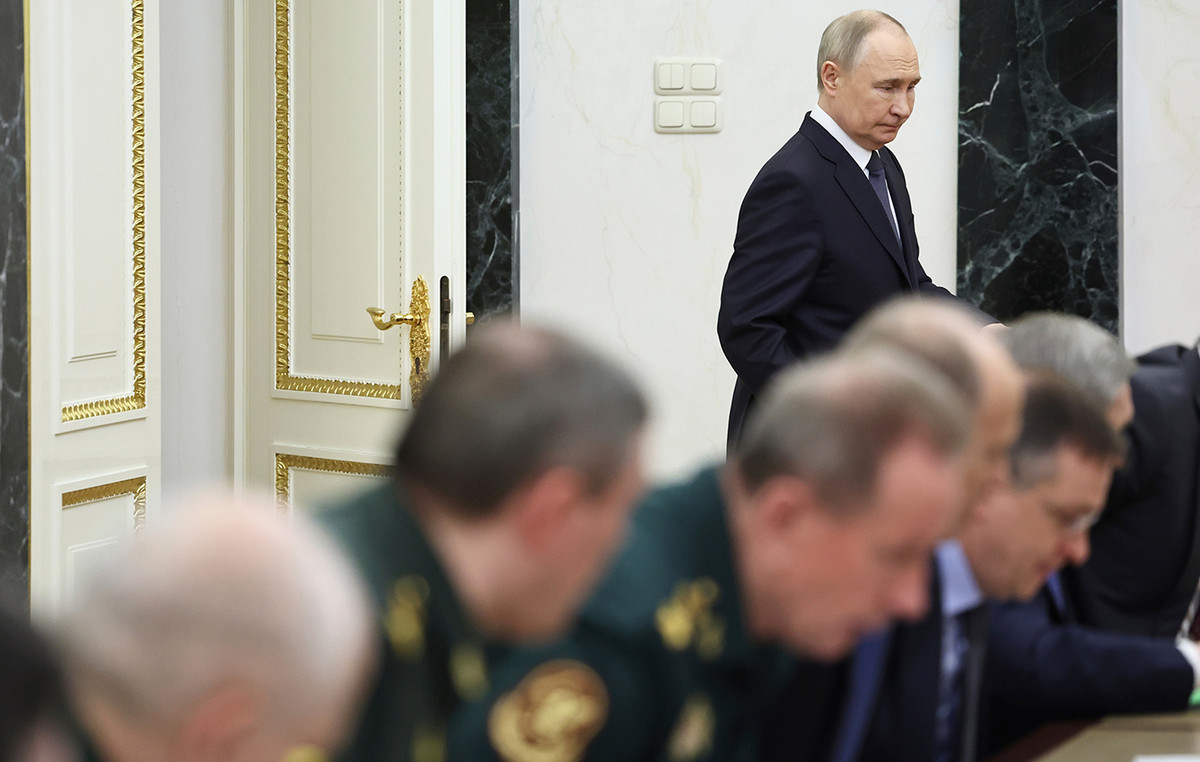the six weeks of Liz Truss ahead of the United Kingdom were marked by instabilities caused by a financial crisis in the region, amplified after the announcement of a growth plan as soon as the Prime Minister took over the post occupied by Boris Johnson .
When she arrived at Downing Street, Liz Truss defended a proposal to cut taxes for citizens and businesses as a way to boost the British economy, but the market reacted negatively to conservative policy intentions and the pound ended up plummeting.
It may seem strange that investors react negatively to the tax cut, but experts explain that this was for two reasons: fiscal risk and the arm wrestling against the fight to control inflation.
Truss intended to reduce the maximum income tax rate from 45% to 40%, in addition to tax reductions for home purchases and the cancellation of a planned increase in corporate taxes, which was set by the previous government to go from 19% to 25%. With these cuts, the Treasury of the Kingdom would lose 45 billion pounds (about R$ 263 billion) of government revenues over the next five years.
The market reacted badly to Truss’s intentions, which forced the Bank of England to try to stem a sharp sell-off in British government bond markets of 2.1 trillion pounds by expanding its emergency purchase into inflation-linked debt. The British central bank had split its program to buy up to 10 billion pounds in gilts (British Treasury bonds) a day to include up to 5 billion pounds in index-linked bonds.
“To think about Liz Truss’ resignation, we have to remember her election, in which she already advocated tax cuts to boost the country’s growth, while her opponent Rishi Sunak accused it of being a ‘make-believe’ plan,” said economist Igor Lucena.
In addition to the British fiscal risk with the billion-dollar loss from the tax cut, the fact that Truss did not prioritize inflation was another reason that explains her fall, according to Lucena. The Office of National Statistics said the consumer price index rose 10.1% year on year in September, pushing the country’s inflation back to its highest level in 40 years.
“Her plan failed because there was a lack of focus on fighting inflation, a robust fiscal impact and a third that I would cite is how this combination generates low economic growth, just the opposite of what she intended,” the economist said. “Nobody bought the idea that reducing taxes at a time of high inflation would bring good economic results”, he added.
Amid criticism, after the plan failed to have the desired effect on the population, Liz Truss fired UK Finance Minister (Chancellor) Kwasi Kwarteng last week.
After his resignation was confirmed, Kwarteng published a letter to the prime minister in which he continues to defend the widely criticized economic plan, which created public outrage among Britons and ended up costing him his job.
Former Foreign Minister Jeremy Hunt, seen by many in the party as “a safe pair of hands”, has been appointed UK finance minister.
Liz Truss resigned six days after the fall of her chancellor, failing to withstand pressure from the Conservative Party, Parliament and public opinion. She had the shortest term of office for a prime minister in the country’s history, serving for six weeks.
Source: CNN Brasil
Joe Jameson, a technology journalist with over 2 years of experience, writes for top online news websites. Specializing in the field of technology, Joe provides insights into the latest advancements in the industry. Currently, he contributes to covering the world stock market.







